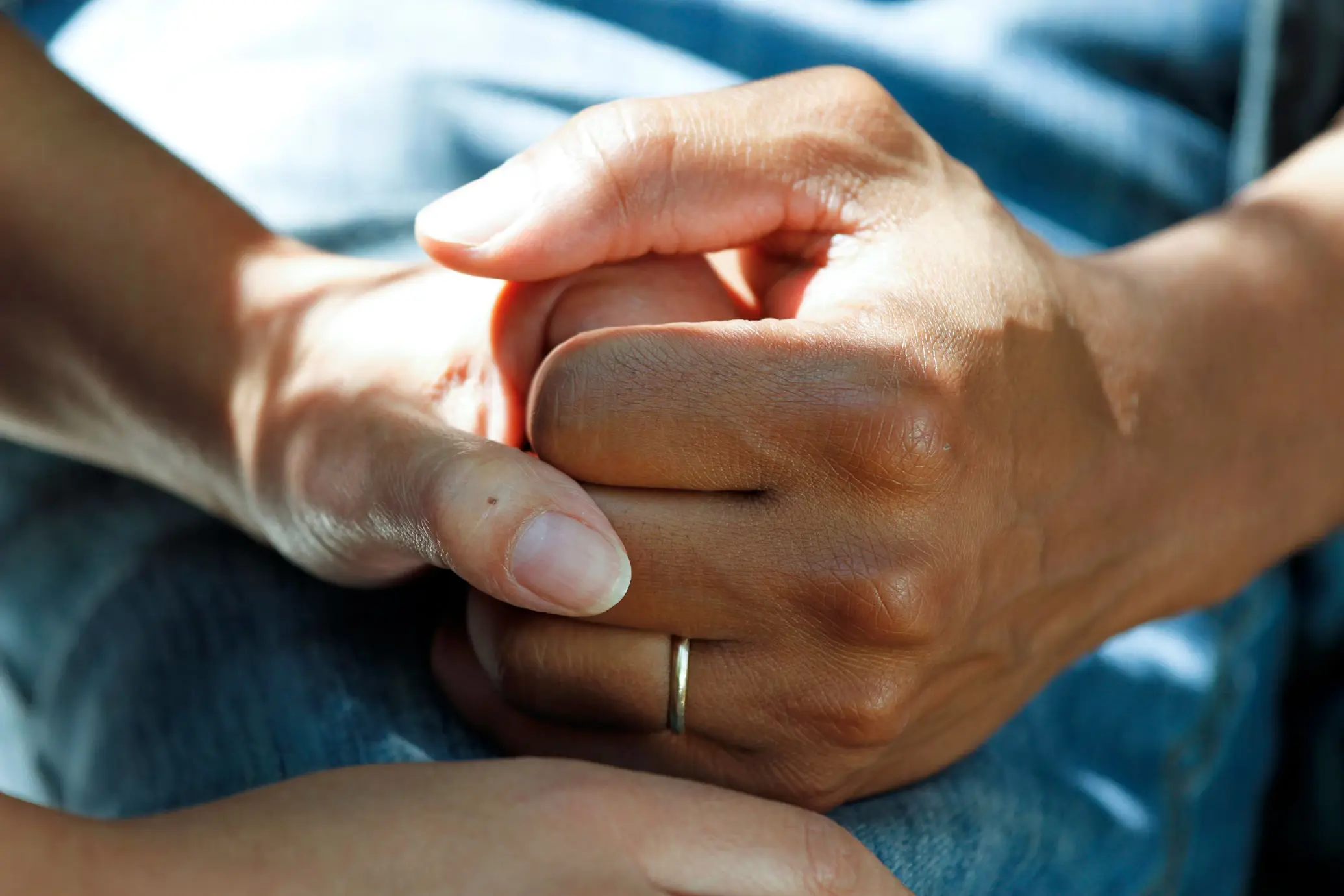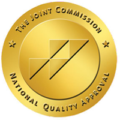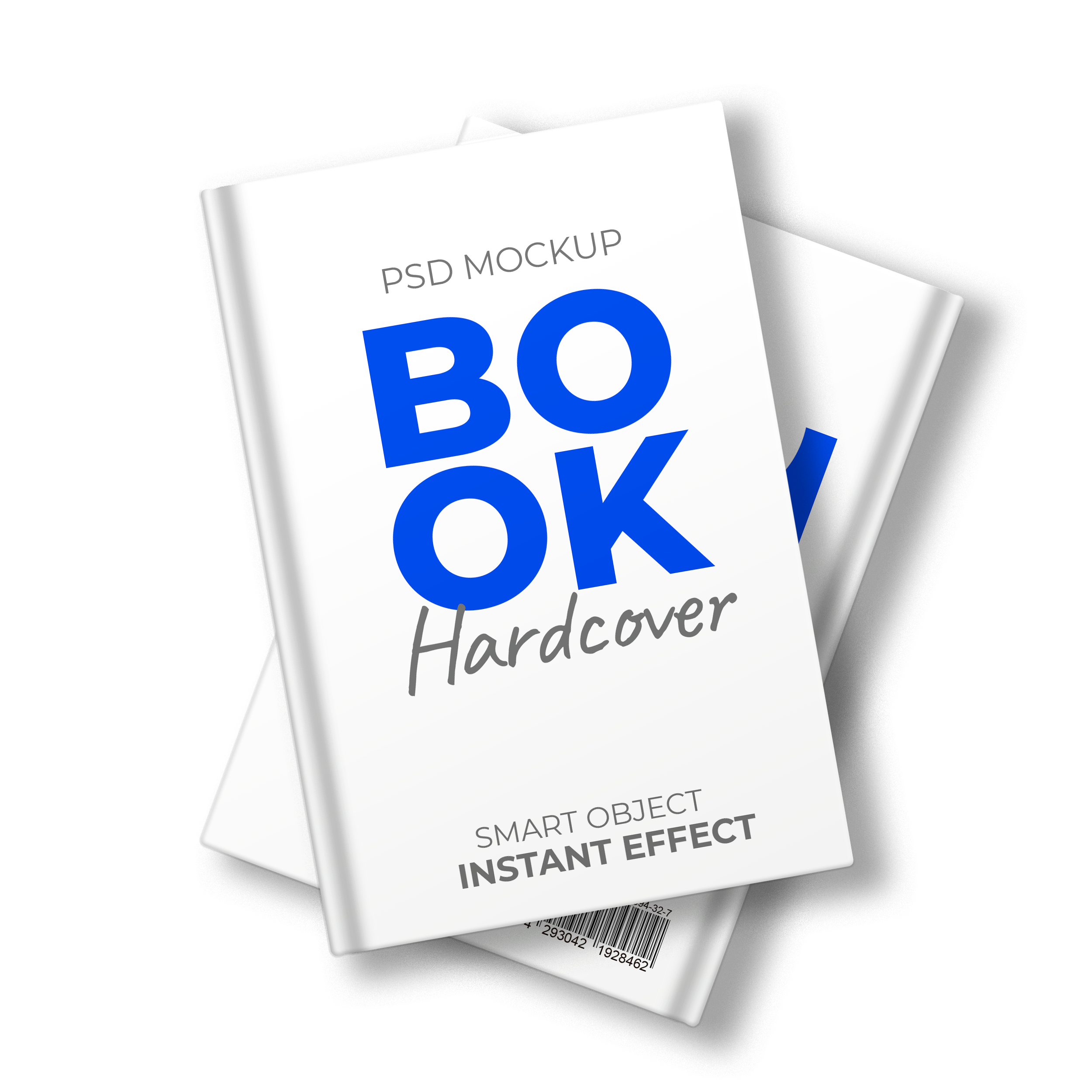Proper support is crucial for people with a substance misuse disorder experiencing recovery depression. This support can take many forms, including therapy, medication, peer support groups, and addiction treatment programs. Recovery depression treatment needs a comprehensive approach. Addiction treatment must recognize the unique needs of each person. That includes depression therapy for effectively managing recovery depression and promoting lasting recovery.

If you’re on the journey to recovery from addiction, you might find yourself asking, “Am I getting better?”. It’s a question that plagues many people in depression treatment. Especially when they encounter a seemingly insurmountable emotional hurdle: recovery depression. Recovery depression is a common but often misunderstood aspect of the healing process. In this blog, we’ll discover the complexities of recovery depression, and mental health treatment. The blog will explore its causes and provide valuable insights for overcoming this emotional roller coaster. It considers what recovery depression is and why it happens. It investigates how to navigate it so you’ll be better equipped to stay on track and reach your recovery goals.
Recovery depression can feel like an emotional storm brewing inside you. One minute, you may feel hopeful about your progress and newfound sobriety. The next, you’re drowning in a sea of sadness and despair. It’s a disorienting experience that can make you question whether you’re truly healing. Many wonder if they’re destined to remain stuck in this emotional turmoil. But fear not; you’re not alone in these feelings. Many people who embark on the path to recovery face similar challenges. With the right support and guidance, you can weather this storm and emerge stronger on the other side.
Depression Treatment at Avedis Recovery
At Avedis Detox and Avedis Recovery, our compassionate team of professionals understands the difficulties of recovery depression. We have comprehensive addiction treatment programs in California and outpatient services in Los Angeles. Our programs help you navigate these emotional challenges and find the support to succeed. Combining evidence-based therapies and personalized care helps you reclaim your life and achieve lasting sobriety.
So, let’s dive deeper into understanding recovery depression and learn how to overcome this emotional roller coaster together. Read on to learn more about what it is, and why it happens. Avedis Detox and Avedis Recovery can help you on your journey to recovery.
Understanding Recovery Depression: What It Is and Why It Happens
Recovery depression is a complex emotional state often emerging during addiction treatment. People learn how to recover from stress and depression as they work through the challenges of overcoming substance abuse. Through this process, they may experience sadness, hopelessness, and frustration. These emotions can make it difficult to gauge recovery progress and can sometimes be mistaken for a lack of improvement. The complexity of recovery depression lies in the interplay of several factors. Withdrawal symptoms, lifestyle adjustments, and underlying mental health issues all play a role. By understanding the contributing factors of recovery depression, people can take steps to address these challenges and maintain a successful path to sobriety.
Depression Treatment for Addiction
Several factors can contribute to recovery depression, including:
- Withdrawal symptoms: As people with a substance use disorder stop using addictive substances, they may experience a range of physical and emotional withdrawal symptoms, such as anxiety, irritability, insomnia, and mood swings. These symptoms can exacerbate sadness and despair, making recovery depression more likely and requiring depression treatment.
- Lifestyle adjustments: Transitioning to a sober lifestyle often involves significant changes to routines, relationships, and responsibilities. They may feel overwhelmed or isolated as they navigate these changes, contributing to feelings of depression.
- Underlying mental health issues: Many people with substance use disorders also struggle with co-occurring mental health conditions, such as depression, anxiety, or PTSD. These conditions can intensify feelings of hopelessness and frustration during the recovery process, especially for someone who is high-functioning.
- Emotional vulnerability: As they work with counselors and begin confronting the underlying issues contributing to their substance abuse, they may feel emotionally vulnerable and raw, leading to recovery depression.
Withdrawal Symptoms: Physical and Emotional Challenges
Withdrawal symptoms are a common cause of recovery depression. As your body and brain adjust to the absence of addictive substances, you may experience various physical and emotional symptoms. These are symptoms that can exacerbate sadness and despair. At Avedis Detox in Tarzana, CA, we understand the challenges of withdrawal symptoms. Therefore we provide personalized care to help you manage them effectively. We help you to address these challenges in depression treatment. You’ll be better equipped to overcome recovery depression and move forward in your healing journey.
Adjusting to a New, Sober Lifestyle
Adapting to a life without substances can significantly contribute to recovery depression. As you leave old habits and relationships behind, you may struggle to establish new routines, find new sources of support, and redefine your sense of self. With outpatient services in Los Angeles, Avedis Recovery offers several outpatient recovery center programs, including PHP, MAT, and IOP, to help you build a strong foundation for your new, sober life. By providing you with the tools
Identifying Signs and Symptoms of Recovery Depression
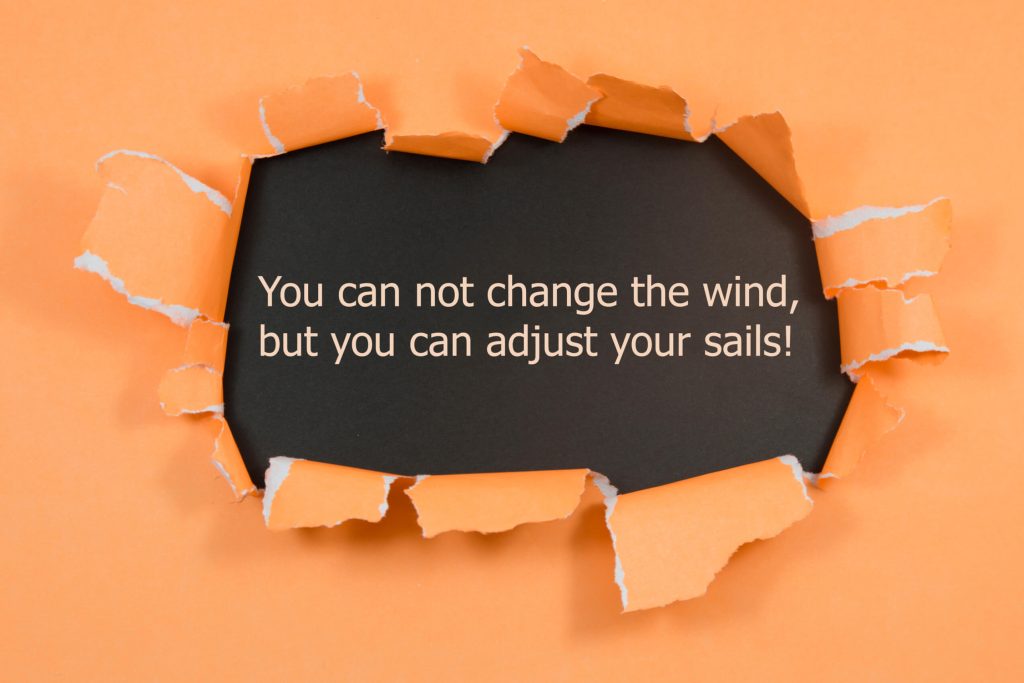
By recognizing the signs and symptoms of recovery depression, and addressing them effectively, programs can better ensure continued progress in addiction treatment. The symptoms of severe depression and recovery depression can be grouped into three main categories: emotional, physical, and cognitive. Awareness of these manifestations can help them and their support network identify recovery depression and take appropriate action.
Emotional Symptoms: Sadness, Hopelessness, and Irritability
Emotional symptoms of recovery depression include persistent sadness, feelings of hopelessness, and irritability. These emotions can be detrimental to the recovery process, as they may make it difficult for some to engage fully in treatment or maintain the motivation to stay sober. While these symptoms do not necessarily indicate a co-occurring mental health disorder, they can be exacerbated by pre-existing conditions, such as depression or anxiety. Addiction treatment professionals must assess and address these emotional symptoms to support their clients in overcoming recovery depression and achieving lasting sobriety.
Physical Symptoms: Fatigue, Sleep Disturbances, and Appetite Changes
Recovery depression’s physical symptoms comprise fatigue, sleep disturbances (such as insomnia or hypersomnia), and changes in appetite, including overeating or loss of appetite. The body’s response to addictive substance withdrawal and the emotional stress of recovery triggers these symptoms. Hindering effective treatment, they adversely impact the overall well-being of individuals. Medical intervention, therapy, and lifestyle changes can address these physical symptoms and enhance recovery outcomes.
Cognitive Symptoms are Negative Thoughts, Indecision, and Lack of Concentration
Cognitive symptoms of recovery depression may include persistent negative thoughts, difficulty making decisions, and problems with concentration. A mindset dominated by these cognitive aspects can hinder recovery by undermining self-confidence, motivation, and the ability to cope with the challenges of addiction treatment. Conversely, cultivating a more positive mindset can help build resilience, engage more effectively in treatment, and maintain a stronger commitment to recovery goals. Is cognitive behavioral therapy an effective approach in treating major depression? Yes. Implementing cognitive-behavioral therapy, mindfulness, and peer support strategies can help address these cognitive symptoms and create a more conducive mental environment for recovery.
Depression Treatment Options for Recovery Depression at Avedis Recovery
Addressing recovery depression is one aspect of addiction treatment, and at Avedis Detox and Avedis Recovery, we offer comprehensive programs and therapies to help overcome this challenge. Our treatment options include inpatient detox and rehab at Avedis Detox in Tarzana, CA, and various outpatient services at Avedis Recovery in Los Angeles, CA. By providing personalized, evidence-based care, we help our clients navigate the emotional roller coaster of recovery depression and build a solid foundation for lasting sobriety.
Avedis Detox: Inpatient Detox and Rehab in Tarzana, CA
Avedis Detox Center provides a safe, supportive environment for those seeking inpatient detox and rehab services in Tarzana, California. Our dedicated professionals work closely with each person to develop a customized treatment plan that addresses their unique needs, including recovery depression. We understand the importance of addressing mental health needs alongside physical detoxification and offer a range of therapies and support services to help overcome the emotional challenges of recovery.
Addressing Mental Health Needs in California Detox
At Avedis Detox, we prioritize mental health care as part of our detox and rehab services in California. Our multidisciplinary team includes licensed mental health professionals who work collaboratively to ensure clients receive the emotional support and care they need to overcome recovery depression. Integrating mental health care into our detox and rehab programs, we help build the emotional resilience necessary for lasting sobriety.
Avedis Recovery: Outpatient Depression Treatment in Los Angeles, CA
Avedis Recovery offers a variety of outpatient services in Los Angeles, California, including Medication-Assisted Treatment (MAT), a Partial Hospitalization Program (PHP), and an Intensive Outpatient Program (IOP). Our programs provide tailored recovery care for depression, empowering individuals to seek support without disrupting their daily activities.The flexible nature of our programs ensures that each individual receives the help they require, helping them overcome their depression with tailored care. Our outpatient services focus on developing coping skills, fostering emotional well-being, and addressing any co-occurring mental health issues that may contribute to recovery depression.
MAT, PHP, and IOP in LA for Recovery Depression
Our MAT, IOP, and PHP programs in Los Angeles address recovery depression by offering evidence-based therapies. Support services are tailored to each client’s needs. Through group therapy, individual counseling, and medication management, we help them build their skills. They discover the resilience necessary to overcome the emotional challenges of recovery depression. Avedis Recovery empowers them to achieve lasting sobriety. Improved mental health comes from comprehensive care in a supportive, outpatient setting.
Coping Strategies for Managing Recovery Depression

Managing recovery depression effectively requires professional support and personal coping strategies. By implementing these strategies, clients can build emotional resilience and improve their mental well-being. Improving their overall quality of life during recovery is one of the benefits they experience. A key coping strategy for managing recovery depression includes building a strong support system. Further support comes from group meetings such as Alcoholics Anonymous (AA) or Narcotics Anonymous (NA). Finally, one should make healthy lifestyle changes that promote emotional well-being.
Building a Strong Support System: AA and NA Meetings in Los Angeles
One essential coping strategy for managing recovery depression is building a strong support system. Attending AA and NA meetings in Los Angeles can provide those in recovery with a community of peers who understand their struggles and can offer guidance, encouragement, and camaraderie. These meetings can help maintain sobriety, develop healthy coping mechanisms, and foster a sense of belonging. By connecting with others who share similar experiences, they can gain valuable insights and learn from other’s successes and challenges in overcoming recovery depression.
Implementing Healthy Lifestyle Changes
One effective way to deal with recovery-related depression is to adopt healthy lifestyle habits that boost emotional well-being. Clients can improve their dual diagnosis mental health by taking care of their physical health. Including this in their treatment plan can help those with addiction better manage their recovery and depression.
Incorporating Exercise, Nutrition, and Mindfulness Practices
Incorporating regular exercise, proper nutrition, and mindfulness practices into a daily routine can significantly impact managing depression. Exercise releases endorphins, which can alleviate symptoms of depression and improve mood. Eating a well-balanced diet can improve mental health by providing essential nutrients that support brain function. Mindfulness practices, such as meditation, yoga, and deep breathing exercises, can develop self-awareness, ease stress, and encourage healthier coping mechanisms when dealing with emotional difficulties. By adopting these holistic approaches, we can empower ourselves with the tools to manage depression and lead happier, healthier lives.
Depression Treatment Helps Recovery Depression at Avedis Recovery
Recovery depression is a complex emotional challenge that can make addiction treatment more difficult. Avedis Detox and Avedis Recovery offer comprehensive treatment options and coping strategies to empower individuals in overcoming recovery depression and achieving lasting sobriety.. What should you expect in detox and rehab? Our dedicated professionals at Avedis Detox in Tarzana, CA, and Avedis Recovery in Los Angeles, CA, are committed to helping you or your loved one navigate the emotional roller coaster of recovery depression and build a solid foundation for lasting sobriety.
Our inpatient and outpatient services provide personalized, evidence-based care, addressing the emotional, physical, and cognitive aspects of recovery depression. By offering a range of therapies and support services, we empower clients to build emotional resilience, develop healthy coping mechanisms, and maintain their commitment to sobriety.
Take Action Now!
If you or a loved one is struggling with recovery depression, don’t hesitate to contact Avedis Detox and Avedis Recovery. Our compassionate team of addiction treatment professionals is ready to help you take the first steps toward overcoming recovery depression and building a brighter future. We acknowledge that the path toward sobriety can be arduous, but with the appropriate support and guidance, experiencing enduring recovery is possible. Call our admissions team at 833.514.0579 to verify insurance and begin your recovery journey.
Don’t let recovery depression stand in the way of your path to a healthier, happier life. Verify your insurance and start the admissions process today by calling Avedis Detox and Avedis Recovery. Our team is here to help you navigate the complexities of addiction treatment and provide the support you need to overcome recovery depression. Together, we can make a difference in your life and help you achieve the lasting sobriety you deserve.



